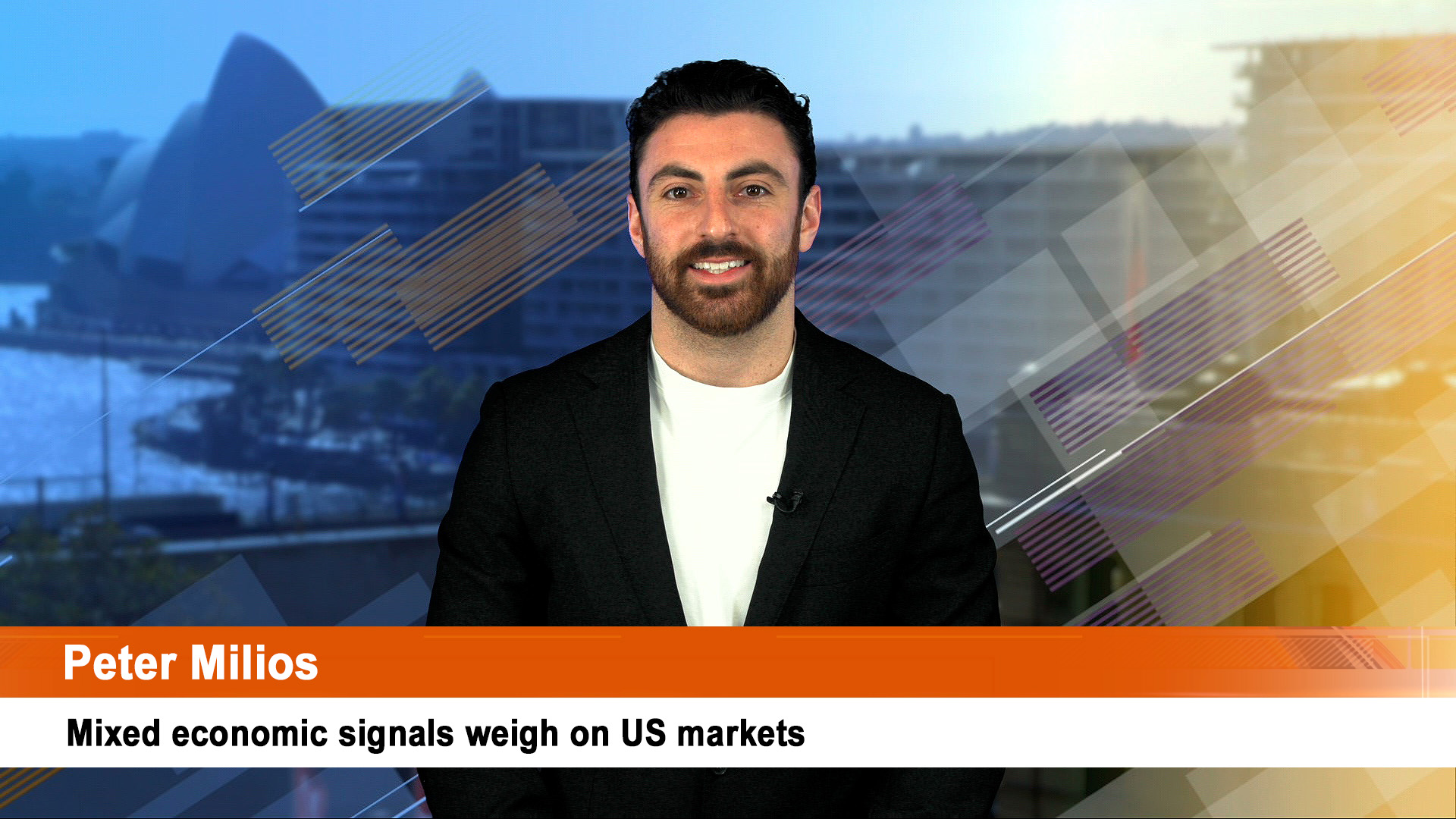Investors ignored a sharp slide in Bendigo and Adelaide Bank’s net interest margin for the December half to send the shares up more than 4%.
They preferred to focus on the higher cash earnings for the December half of $260.7 million, helped by expansion in its market share and lower bad debts.
Bendigo’s net interest margin (NIM) fell by 14 basis points compared to the June half, to 2.09% and more accurately, a large 28 points from the 2.37% in the six months to December, 2020.
That was a big drop but its NIM is still above the 2% (or $2 in every $100 dollar on interest income) which is higher than the big four.
And investors, after moaning and fretting about compressing interest margins for the banks – large and small this reporting season, turn around and bid shares higher – the CBA and NAB are good examples.
Despite the fall in its NIM, Bendigo shares rose 4.4% to $9.67.
Investors also ignored the trimmed interim dividend – at 26 cents a share it is down 2 cents on the interim for 2020-21, but the same as the final paid last year.
Investors also ignored quite warnings of a weaker second half in terms of home lending revenue and more margin compression.
The regional lender delivered 18.7% growth in cash earnings, with its total income increasing by 2.9%.
Likes its peers, Bendigo’s charges for bad debts fell sharply, down $17.8 million which helped boost earnings for the latest half year.
CEO Marnie Baker said it was a “strong” result, as the company expects revenue to come under pressure in the second half.
“This result marks the third consecutive half of positive jaws and our sixth consecutive half of above system growth in residential lending,” Ms Baker said.
Ms Baker said the lender expected to continue expanding its mortgage book more quickly than the industry average, but revenue would be lower in the June half, with costs in focus.
“Challenges in the form of margin compression and non-recurring other income are expected to drive revenue lower in the second half. Costs will need to decline for us to continue driving the cost-to-income ratio lower. Delivering positive jaws remains the intent of our executive team,” Ms Baker said.













